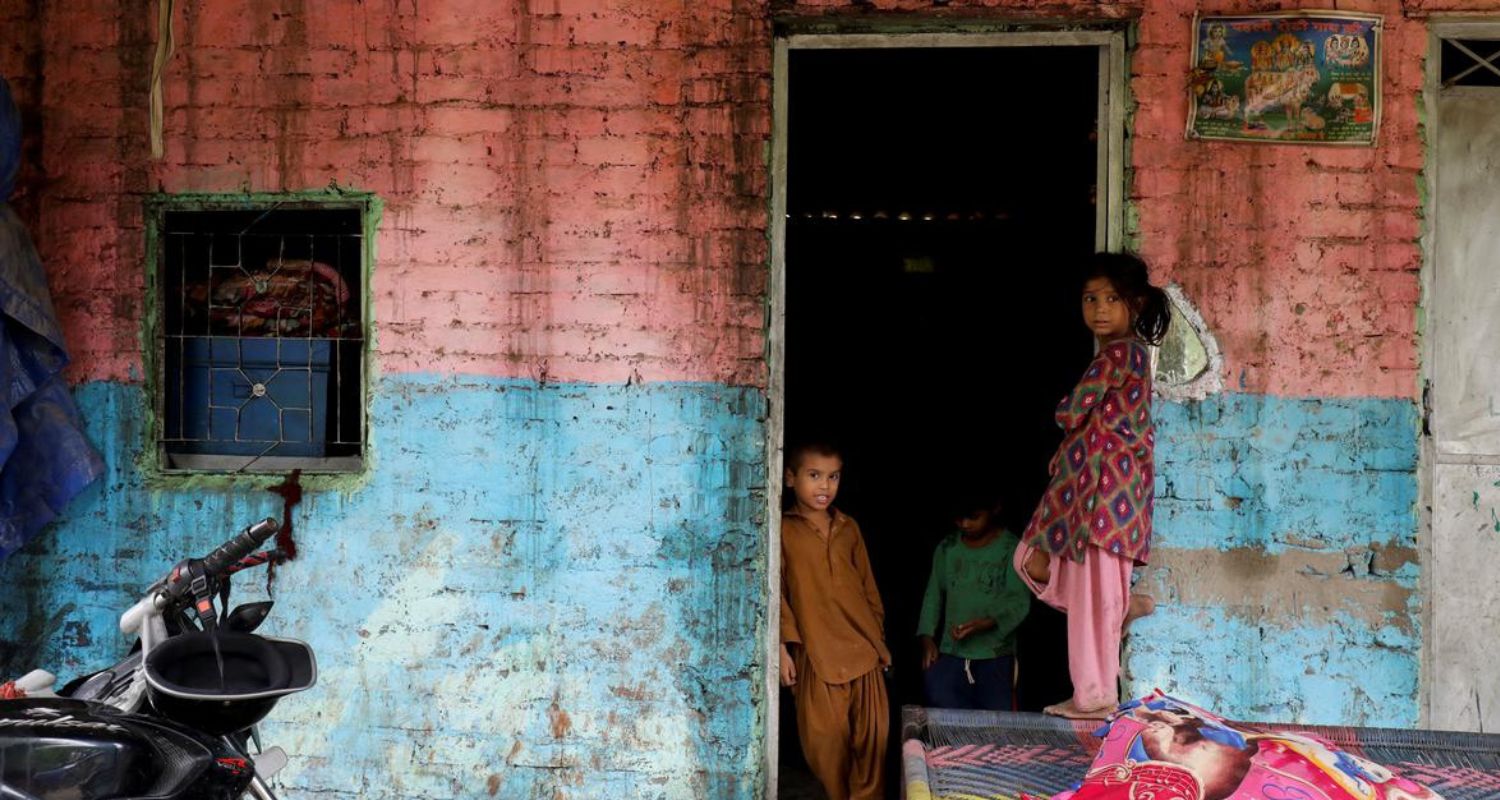The Delhi High Court has refused to halt the demolition of a Pakistani Hindu refugee settlement at Majnu Ka Tila, stating that the camp is situated on the Yamuna floodplains — an ecologically sensitive area that must be protected.
In a judgment delivered on May 30, Justice Dharmesh Sharma dismissed a petition concerning around 800 Pakistani Hindu refugees residing in the area. The petition had sought not only to prevent the demolition but also to direct authorities to provide alternate accommodation for the displaced families.
The court emphasised that preserving the Yamuna floodplains is essential for safeguarding the fundamental human right to a clean and healthy environment, both for the current residents of Delhi and for future generations. It noted that even Indian citizens cannot demand alternative allotments as a matter of right when residing on prohibited land such as the floodplains.

Regarding the refugees' claim to stay, the court made it clear that they had no legal entitlement to continue occupying the area. It noted that the Government of India had made no commitment to provide them with housing or alternative accommodation. The court added that support from the government was limited to helping these refugees submit their applications for "Long Term Visas," which the Ministry of Home Affairs would process as quickly as possible.
Despite these limitations, the court acknowledged that it had made "sincere efforts" to coordinate with authorities to facilitate the rehabilitation and relocation of the refugees. However, these efforts had proven unsuccessful, which the court attributed to a “classic case of bureaucratic buck-passing,” particularly by the central government.
“Nevertheless, this court cannot undertake the exercise of framing a policy to ameliorate the plight of the refugees. The present writ petition is accordingly dismissed,” the judgment stated.
Also Read: Delhi demolition drive at Jangpura's Madrasi Camp begins
The court underlined that the need to protect the Yamuna floodplains stems not only from environmental concerns but also from explicit directions issued by the Supreme Court, the National Green Tribunal (NGT), and the Delhi High Court itself. It reiterated that no interference could be permitted in the ongoing efforts to restore and rejuvenate the Yamuna River, especially given the river’s critical ecological condition.
The judgment also referenced the Delhi Slum and JJ Rehabilitation and Relocation Policy of the Delhi Urban Shelter Improvement Board, stating that Pakistani nationals, due to their foreign status, are not eligible for rehabilitation under this policy. The court pointed out that such refugees must first acquire Indian citizenship, either through registration or naturalisation under Section 10A of the Citizenship Amendment Act, 2019.
“Needless to state, the effect of the acceptance of such an application would be that the aggrieved refugees shall be deemed citizens of India and would be able to enjoy all rights and benefits available to any ordinary citizen of India,” the court observed. The petition was filed after a public notice dated March 4, 2024, was pasted in the Majnu Ka Tila camp, directing residents to vacate by March 6, 2024. The Delhi Development Authority (DDA) had warned that the area would be cleared if the occupants failed to comply.
The petitioner argued that the Pakistani Hindu refugees had been living in the area for several years and that authorities had even provided basic facilities. Following the petition, the court initially granted interim relief, restraining the DDA from taking coercive action. However, that relief has now been vacated with the dismissal of the writ petition.
Also Read: Delhi HC grants protection to Sadhguru’s personality rights


